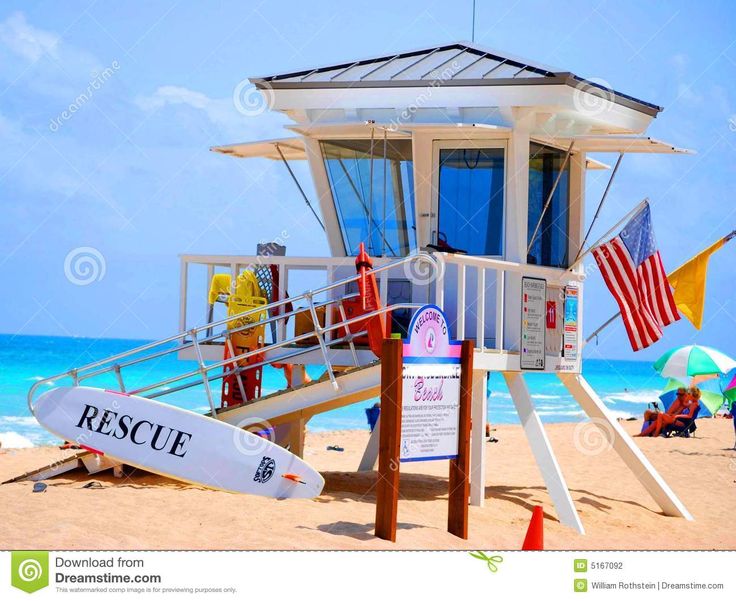When you think of a day at the beach, images of sun, sand, and surf likely come to mind. But lurking beneath the surface of this idyllic scene is an essential aspect of beach safety: lifeguards. These trained professionals play a crucial role in ensuring that beachgoers can enjoy their time by the ocean with peace of mind. In this blog post, we’ll explore why lifeguards are vital for beach safety and the many ways they contribute to a safer shoreline experience.

The Lifeguard’s Role
1. Drowning Prevention
Drowning is a leading cause of accidental death, especially among children and young adults. Lifeguards are trained to spot potential drowning situations before they escalate life guard. Their constant vigilance allows them to act quickly, providing immediate assistance when someone is in distress. With their knowledge of swimming techniques and rescue methods, lifeguards can often intervene in seconds, potentially saving lives.
2. Hazard Identification
Beaches can present various hazards, including strong currents, rip tides, and underwater obstacles. Lifeguards are trained to identify these dangers and communicate them effectively to beachgoers. They often post flags or signs indicating current conditions and safety measures, ensuring that everyone is aware of potential risks before they venture into the water.
3. First Aid and Emergency Response
In addition to water rescues, lifeguards are trained in first aid and CPR. Whether it’s treating minor injuries like cuts and scrapes or responding to more serious emergencies, lifeguards are equipped to handle a wide range of situations. Their presence ensures that immediate medical assistance is available, which can be crucial in emergencies where every second counts.
The Importance of Education
4. Public Awareness and Safety Education
Beyond their rescue duties, lifeguards play an educational role at the beach. They provide valuable information on water safety, teaching beachgoers about the importance of swimming in designated areas, understanding the meaning of warning flags, and recognizing the signs of a rip current. This proactive approach helps foster a culture of safety, empowering individuals to make informed decisions.
5. Monitoring Behavior
Lifeguards also monitor beach activities to ensure that rules and regulations are followed. This includes enforcing swimming areas, prohibiting dangerous activities, and keeping an eye on children who may wander too far from their families. By maintaining order and ensuring compliance with safety protocols, lifeguards create a safer environment for everyone.
The Psychological Aspect
6. Peace of Mind
Perhaps one of the most significant benefits of having lifeguards on duty is the peace of mind they provide to beachgoers. Knowing that trained professionals are watching over you allows families to relax and enjoy their time at the beach without constant worry. This sense of security encourages more people to enjoy outdoor activities, fostering a healthier lifestyle.
Conclusion
In conclusion, lifeguards are an indispensable part of beach safety. Their vigilance, training, and commitment to public safety help prevent drownings, educate the public, and provide immediate assistance in emergencies. As you plan your next beach outing, remember the vital role lifeguards play in ensuring that your day in the sun remains enjoyable and safe. So, when you see a lifeguard on duty, take a moment to appreciate their hard work and dedication to keeping the beach a safe place for everyone.
